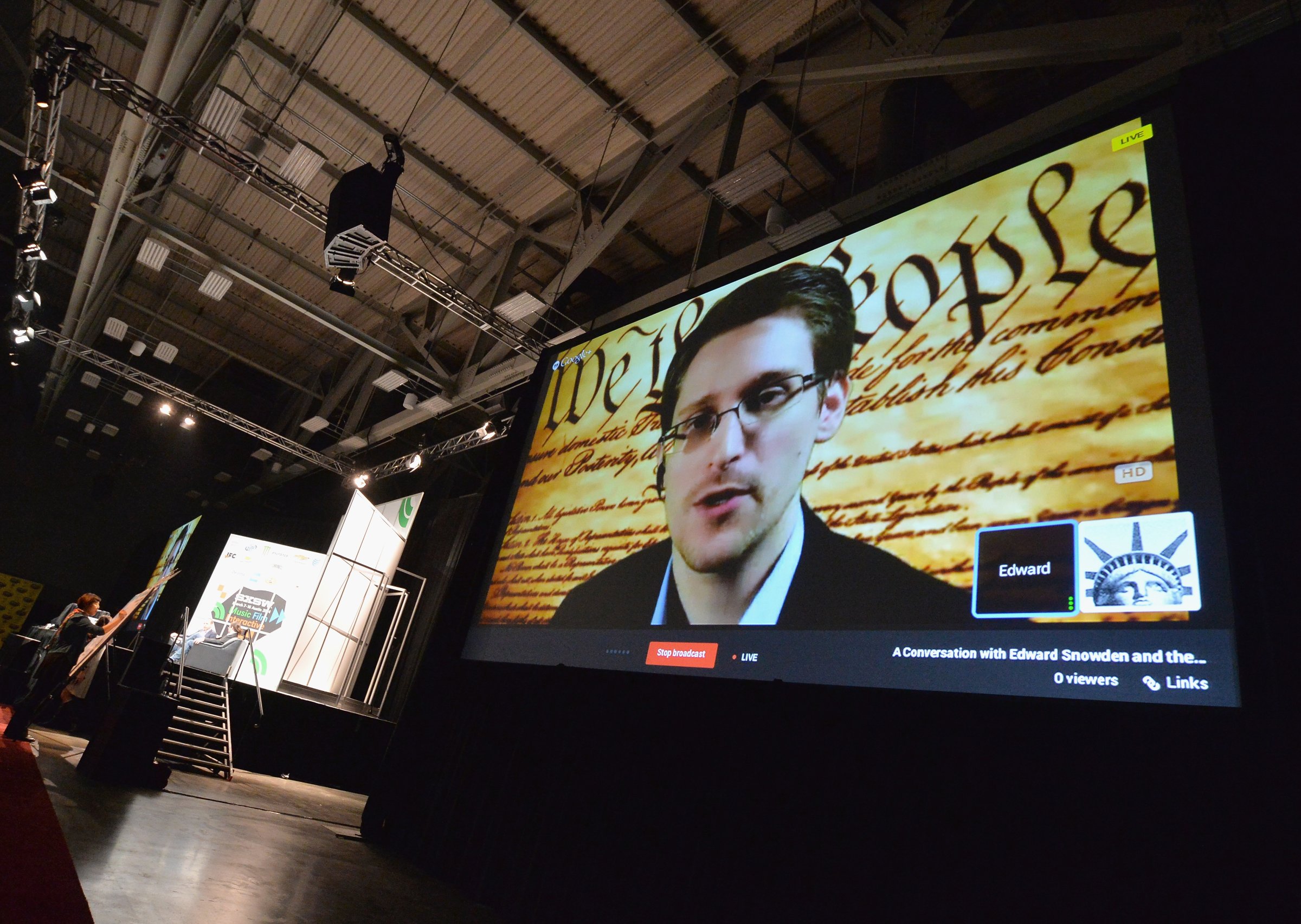
Chinese hacking of American computer networks is old news. For years we’ve known about their attacks against U.S. government and corporate targets. We’ve seen detailed reports of how they hacked The New York Times. Google has detected them going after Gmail accounts of dissidents. They’ve built sophisticated worldwide eavesdropping networks. These hacks target both military secrets and corporate intellectual property. They’re perpetrated by a combination of state, state-sponsored and state-tolerated hackers. It’s been going on for years.
On Monday, the Justice Department indicted five Chinese hackers in absentia, all associated with the Chinese military, for stealing corporate secrets from U.S. energy, metals and manufacturing companies. It’s entirely for show; the odds that the Chinese are going to send these people to the U.S. to stand trial is zero. But it does move what had been mostly a technical security problem into the world of diplomacy and foreign policy. By doing this, the U.S. government is taking a very public stand and saying “enough.”
The problem with that stand is that we’ve been doing much the same thing to China. Documents revealed by the whistleblower Edward Snowden show that the NSA has penetrated Chinese government and commercial networks, and is exfiltrating — that’s NSA talk for stealing — an enormous amount of secret data. We’ve hacked the networking hardware of one of their own companies, Huawei. We’ve intercepted networking equipment being sent there and installed monitoring devices. We’ve been listening in on their private communications channels.
The only difference between the U.S. and China’s actions is that the U.S. doesn’t engage in direct industrial espionage. That is, we don’t steal secrets from Chinese companies and pass them directly to U.S. competitors. But we do engage in economic espionage; we steal secrets from Chinese companies for an advantage in government trade negotiations, which directly benefits U.S. competitors. We might think this difference is important, but other countries are not as as impressed with our nuance.
Already the Chinese are retaliating against the U.S. actions with rhetoric of their own. I don’t know the Chinese expression for “pot calling the kettle black,” but it certainly fits in this case.
Again, none of this is new. The U.S. and the Chinese have been conducting electronic espionage on each other throughout the Cold War, and there’s no reason to think it’s going to change anytime soon. What’s different now is the ease with which the two countries can do this safely and remotely, over the Internet, as well as the massive amount of information that can be stolen with a few computer commands.
On the Internet today, it is much easier to attack systems and break into them than it is to defend those systems against attack, so the advantage is to the attacker. This is true for a combination of reasons: the ability of an attacker to concentrate his attack, the nature of vulnerabilities in computer systems, poor software quality and the enormous complexity of computer systems.
The computer security industry is used to coping with criminal attacks. In general, such attacks are untargeted. Criminals might have broken into Target’s network last year and stolen 40 million credit and debit card numbers, but they would have been happy with any retailer’s large credit card database. If Target’s security had been better than its competitors, the criminals would have gone elsewhere. In this way, security is relative.
The Chinese attacks are different. For whatever reason, the government hackers wanted certain information inside the networks of Alcoa World Alumina, Westinghouse Electric, Allegheny Technologies, U.S. Steel, United Steelworkers Union and SolarWorld. It wouldn’t have mattered how those companies’ security compared with other companies; all that mattered was whether it was better than the ability of the attackers.
This is a fundamentally different security model — often called APT or Advanced Persistent Threat — and one that is much more difficult to defend against.
In a sense, American corporations are collateral damage in this battle of espionage between the U.S. and China. Taking the battle from the technical sphere into the foreign policy sphere might be a good idea, but it will work only if we have some moral high ground from which to demand that others not spy on us. As long as we run the largest surveillance network in the world and hack computer networks in foreign countries, we’re going to have trouble convincing others not to attempt the same on us.
Bruce Schneier is an internationally renowned security technologist. He is the author of 12 books – including Liars and Outliers: Enabling the Trust Society Needs to Thrive — as well as hundreds of articles, essays and academic papers. Schneier is a fellow at the Berkman Center for Internet and Society at Harvard Law School, a board member of the Electronic Frontier Foundation and the Chief Technology Officer of Co3 Systems, Inc.
More Must-Reads from TIME
- Cybersecurity Experts Are Sounding the Alarm on DOGE
- Meet the 2025 Women of the Year
- The Harsh Truth About Disability Inclusion
- Why Do More Young Adults Have Cancer?
- Colman Domingo Leads With Radical Love
- How to Get Better at Doing Things Alone
- Michelle Zauner Stares Down the Darkness
Contact us at letters@time.com